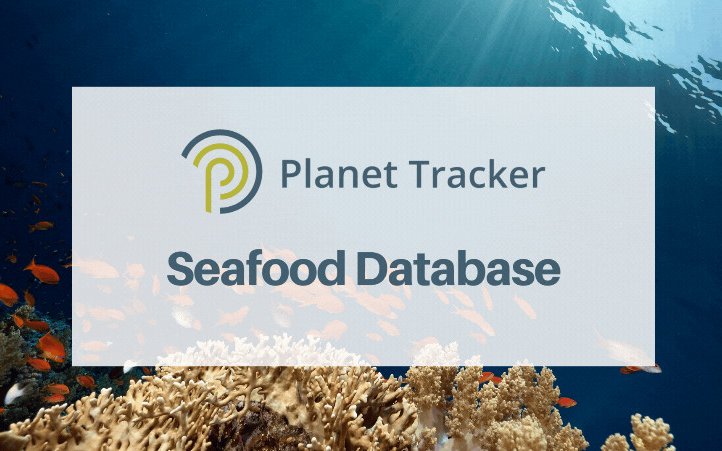Ocean sustainability data is notoriously fragmented and difficult to access and yet it is a critical driver of financial performance, according to the latest report from the financial think tank, Planet Tracker.
The report finds that only 8% of the hundred largest seafood companies – both listed and private – disclose the exact seafood species they are invested in for their entire portfolio. This lack of transparency presents a major risk for investors and lenders, preventing an accurate assessment of risk and opportunity.
With the objective of promoting greater transparency across the USD 1.8 trillion seafood supply chain – and consolidating different data sources into one place where they can be examined in context – Planet Tracker is launching its Seafood Database. This interactive database enables users to filter through companies and compare their exposure to overfishing, illegal fishing and the blue sustainability risks.
The initial sample of 100 corporates has a combination of high revenue – from USD 200 million to USD 15 billion – and a high exposure to seafood. In the coming months, more companies will be added.
These companies are not only engaged in upstream (fishing or aquaculture), midstream (processing), or downstream activities (wholesale, retail) but also in auxiliary activities, such as fish vaccination, construction of engines for fishing vessels, or the manufacture of fish processing machinery. On average, each company is engaged in three of these businesses, with processing being the most popular.
“Companies that do not have granular data in species exposure and harvesting locations are unlikely to be aligned with the Taskforce on Nature-related Financial Disclosures (TNFD) framework. We estimate that over half of the companies we assessed are not TNFD-ready based on the information they fail to provide,” said François Mosnier, head of oceans program at Planet Tracker. “The absence of data is often blamed on the suppliers’ inability to provide it and the associated costs of retrieving it, but there are potential financial benefits associated with increased disclosure that companies must not overlook.”


